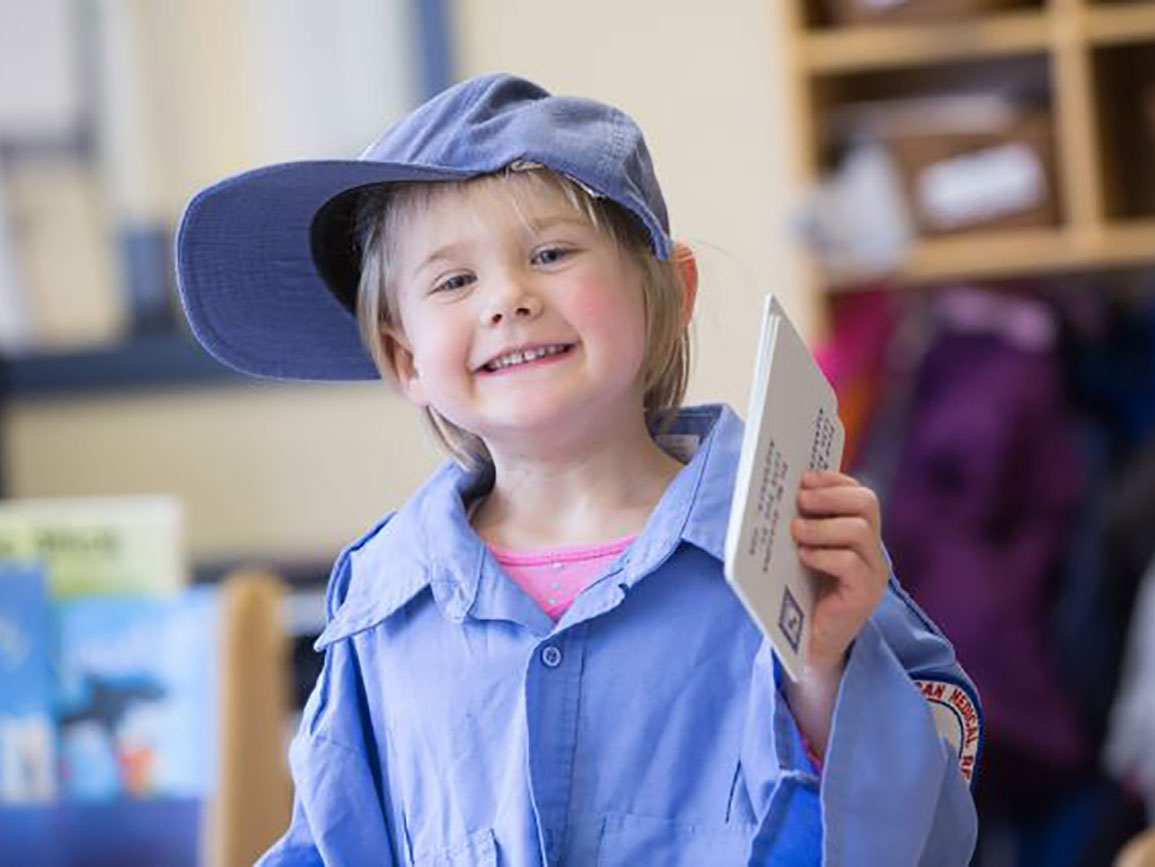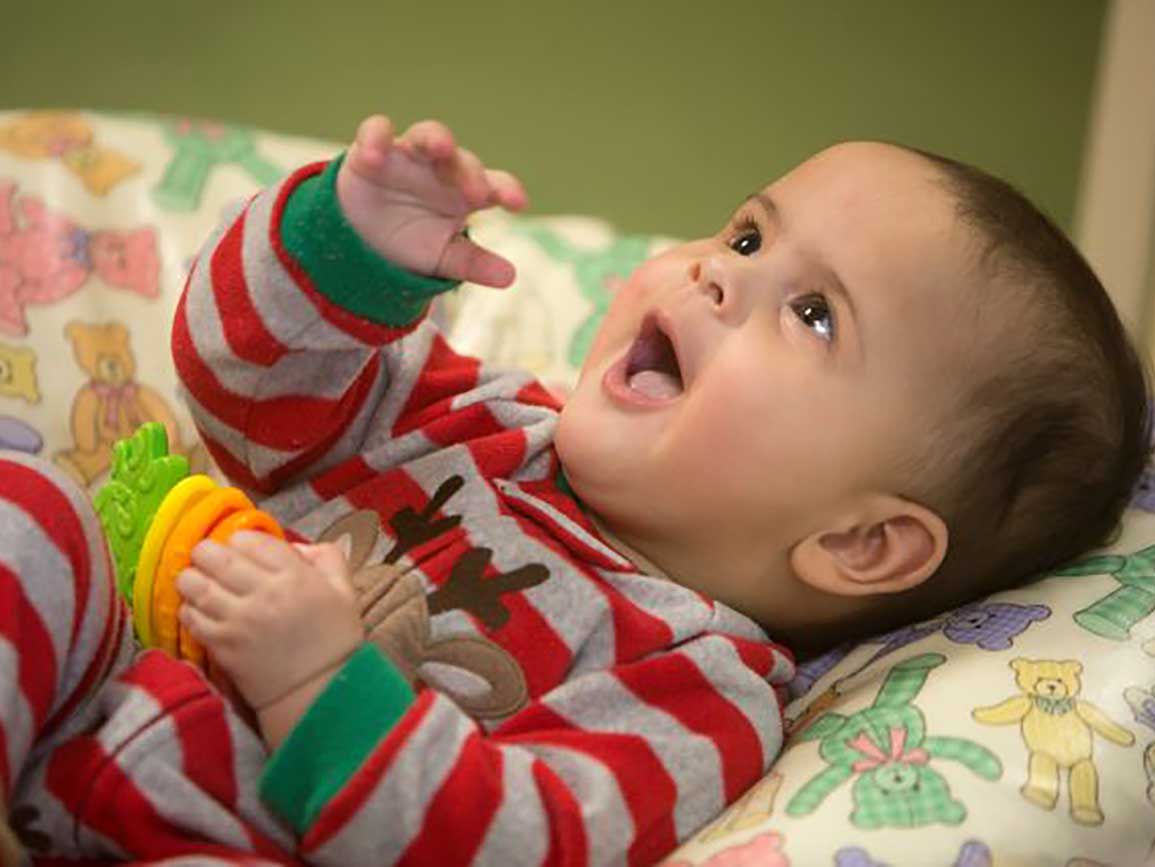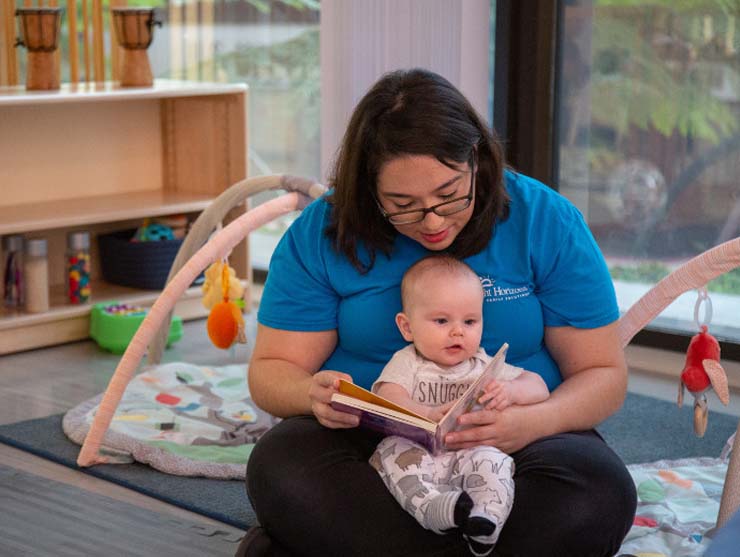I can admit I am one of those parents that says, “oh, every child grows and develops at their own pace,” only to look to good old Google later that night to search if my child is falling behind, average, or maybe even ahead of what most children her age do. When it comes to talking and toddler speech development, I’m not exactly tracking every word my daughter knows (okay, I was for a short stint or two as I’ll mention later), but in my defense, I just don’t know what your average toddler is, or could be, learning at this age.
It started when I’d tell my daughter we should go wash our hands. “Fosh!” My daughter would scream as we made our way to the sink. I made sure to repeat and emphasize the “w”. “Fosh!” She exclaimed again.
I asked her teachers at childcare if they were using another word that starts with “f” that I may be confusing with “wash”—maybe faucet? I mean, she could say, “wawa” when she was thirsty, and “whoa” when something amazing happened like the garbage truck picking up our bins and dumping them into the truck. So why couldn’t she pronounce the “w” in “wash?”
She was about 15 months at the time and I searched Google to see how many words toddlers at this age typically know. I actually have a note in my phone now from this instance when I decided to list out all the words she could say. A list of words—and, yes, I counted each and every one of them. I know mispronunciations are common simply because it’s difficult to pronounce everything when you’re learning a whole new form of communication, but also because it’s difficult to see how your lips, tongue, and teeth work together to help you make certain sounds. Eventually, I accepted that “fosh” meant “wash” for the time being. I did make sure to enunciate more when I spoke to her in case it came from my lack thereof. I had to remind myself what I tell others: every child develops at their own pace.
Eighteen months rolled around, and I counted words again. The 3 or 4 milestone emails from various publishers I’m subscribed to didn’t help with my determination to leave it alone. There I was looking for word counts appropriate for her age group, again.
Twenty-one months came and it was like a flip switched overnight. It started in the morning as I was dropping her off at school. I had to remind her that we leave her blanket, a.k.a. “Mat” (as every blanket, bed sheet, or actual sleeping mat is lovingly named because of the mat she sleeps on at school), in the car and that we’d see it later when it was time to go home. “Okay. Bye, Mat. Later!” came right out of her mouth all at once. I was used to two words strung together and maybe even three here and there. But Kayla was now not only repeating everything we said, but she was narrating her every move and sharing her own thoughts through her words—including, when it’s time to “wash hands.”
I knew I should’ve listened to my own advice, but it’s not easy to stay away from the wealth of knowledge online, even when you know it tends to lead to no good. How do you balance educating yourself about your child’s development without taking it overboard with worry about where your child stands against “most children their age?”
RELATED RESOURCES:
- E-family news: Speech Development for Kids
- Bright Horizons Online Community: When Should My 3 Year Old Start Talking?
- Read more posts about child development from The Family Room bloggers





